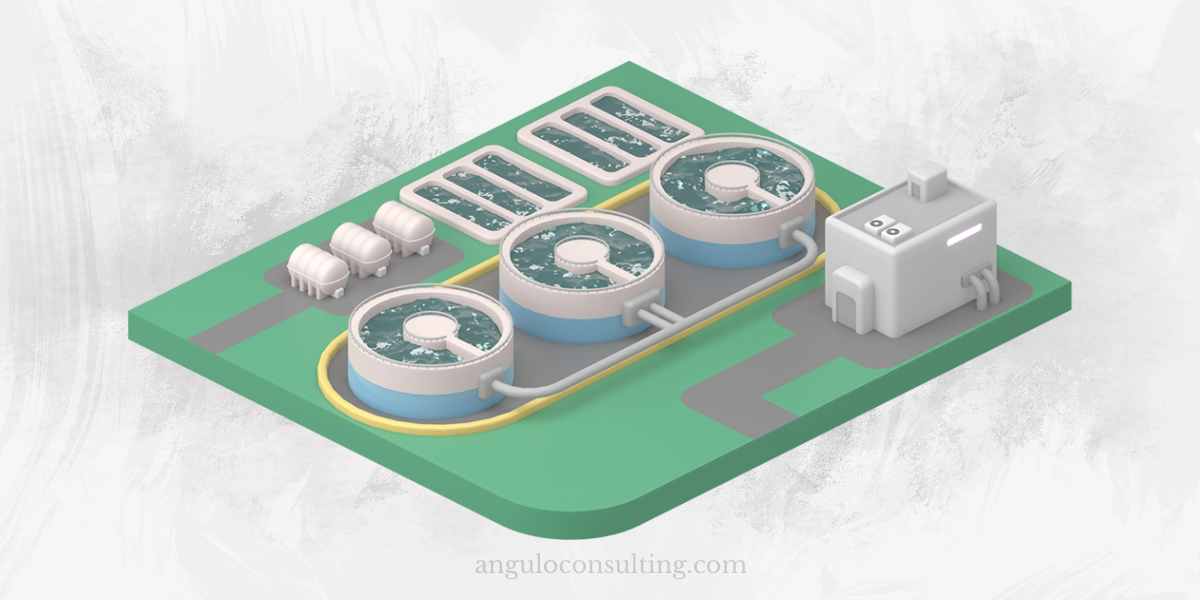
Research that shows 60% of the homes in the US which are serviced with private water systems (like wells, cisterns, or springs) are served by water treatment equipment. Today, acquiring quality equipment is able to address nearly all issues with water quality (whether related to health or nuisance).
However, homeowners with private water systems aren’t always updated on the water treatment equipment and procedures, making them susceptible to scammers who sell treatment equipment.
Find out what is the Water Quality Problem
If homeowners are concerned that there are problems in their water, it must be checked by a lab for water testing, which is accredited by the State.
If the test results show that the drinking water does not meet the primary drinking water standard with regard to the form of lead and bacteria, it is recommended that they take the necessary steps to rectify the problem to safeguard the health of family members.
Further tests could reveal a problem caused by a different pollutant, such as manganese or iron. If this is the case, it’s not harmful to the health of the individual, but they could choose to install a water treatment system installed to reduce staining and to improve the taste and odour generated by these contaminants.
Consult with impartial Water Quality Experts
After receiving the results from the laboratory that is certified, It is advisable to present them to an impartial expert in water quality so that he can discuss the results. They can be experts from the water testing lab. They are in a good position to understand the water test results and provide recommendations on the best solutions to resolve any issues with water quality there are.
Take a look at all the options.
Sometimes the use of water treatment equipment isn’t always the best option to solve a problem with water quality. In most cases, there are alternatives that are worth exploring before making a choice. There are instances when the creation of alternative water sources such as an entirely new rainwater cistern or a nearby spring could be the most efficient option. It could be more cost-effective in the longer term to connect to a municipal water source in the vicinity instead of receiving a complete treatment for a private water supply.
If the source of the pollution is discovered in the case of an inoperable septic system, the most effective solution is to eliminate the pollutant. Another method to tackle the bacterial problems in private water sources is to keep it clean in a straightforward manner, like checking the well to see if it is sealed or making sure the spring container is packed to guard it against pests.
Find a treatment that matches the Issue.
Before homeowners choose the best solution to their water issue, it is important to understand the process of water treatment and the contaminants they remove. They must be educated to be aware of the devices that can best solve their issues prior to contacting treatment firms.
Research on Water Treatment Companies
It is important to look for water treatment companies with a solid reputation and can provide references from customers. It is also helpful to learn more about their history and look for firms which are established in the field of water treatment; thus, fly-by-night operations can be prevented.